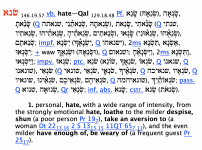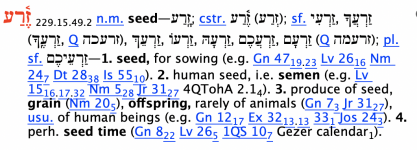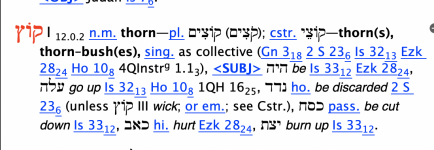Bouan Philippe
Well-known member
- Joined
- Apr 27, 2021
- Messages
- 105
- Gender
- Male
- Religious Affiliation
- Christian
- Acceptance of the Trinity & Nicene Creed
- Yes
God hated Esau according to Malachi 1:3 and Romans 9:13.
But what are the implications?
God's hatred of Esau implies that He must also hate other people who have sinned, just as Esau had sinned against Him.
For why should Esau be the only one who was hated by God?
Such a conjecture is called an "implicit truth" according to Catholic doctrine, which has a Truth value that is equivalent to the theory that all human ancestors have originated on the African continent.
Based on the Human Genome Project such a conjecture is UNAVOIDABLE due to the European and Asian genomes being subsets of African DNA.
Such a conjecture is not mere "speculation", but is UNAVOIDABLE, which makes it into an "implicit truth" in a totally different league from the realm of "speculation".
Which begs the question: Why should Esau be the only one who was hated by God?
Such a question has the most profound and far reaching implications as concerning God's Wrath and hatred of his enemies in Nahum 1:2.
Why should Esau be the only one?
Does it need to be spelled out?
But what are the implications?
God's hatred of Esau implies that He must also hate other people who have sinned, just as Esau had sinned against Him.
For why should Esau be the only one who was hated by God?
Such a conjecture is called an "implicit truth" according to Catholic doctrine, which has a Truth value that is equivalent to the theory that all human ancestors have originated on the African continent.
Based on the Human Genome Project such a conjecture is UNAVOIDABLE due to the European and Asian genomes being subsets of African DNA.
Such a conjecture is not mere "speculation", but is UNAVOIDABLE, which makes it into an "implicit truth" in a totally different league from the realm of "speculation".
Which begs the question: Why should Esau be the only one who was hated by God?
Such a question has the most profound and far reaching implications as concerning God's Wrath and hatred of his enemies in Nahum 1:2.
Why should Esau be the only one?
Does it need to be spelled out?
Last edited:




